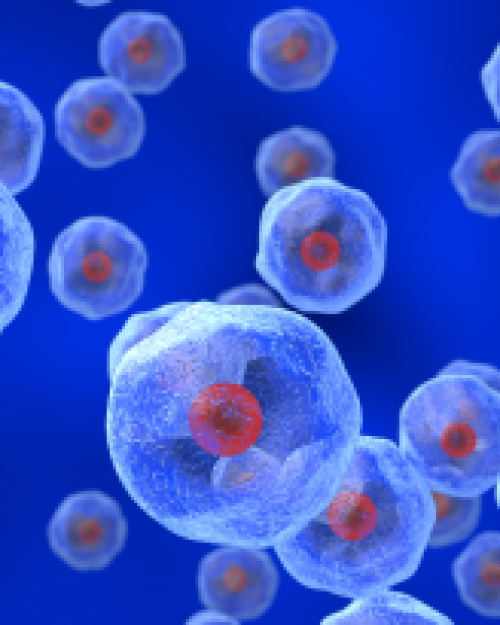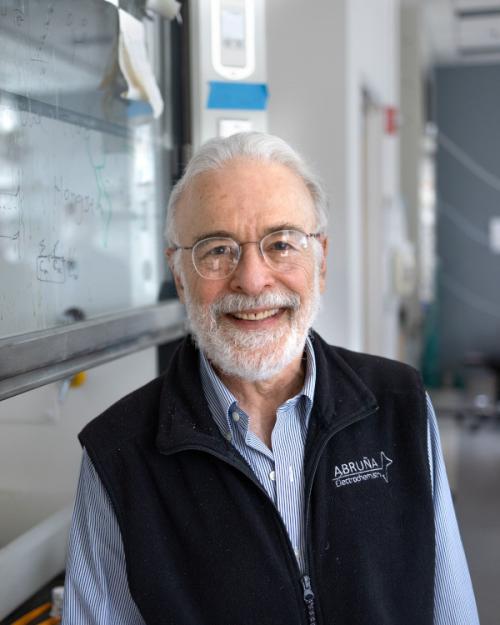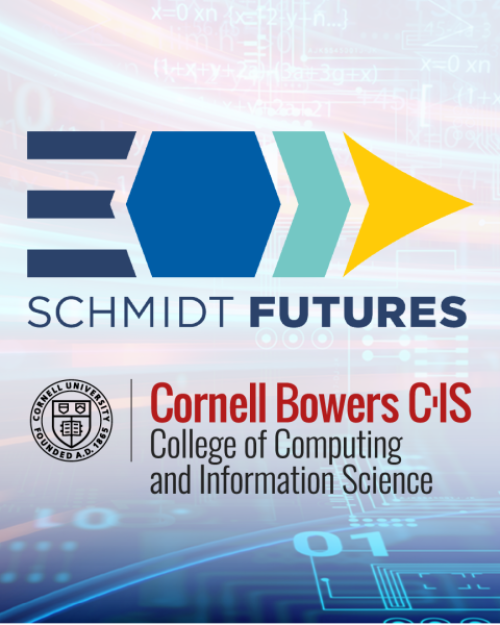Ten Cornell postdoctoral researchers who plan to harness the power of artificial intelligence (AI) in areas like materials discovery, physics, biological sciences, and sustainability sciences have been named Eric and Wendy Schmidt AI in Science Postdoctoral Fellows, a Schmidt Futures program.
The announcement of the inaugural cohort comes on the heels of Cornell being selected as one of nine universities worldwide to join the Eric and Wendy Schmidt AI in Science Postdoctoral Fellowship, a $148 million program that is part of a larger $400 million effort from Schmidt Futures to support AI researchers.
Under this fellowship program, the Cornell University AI for Science Institute (CUAISci) will recruit and train a cohort of up to 100 postdoctoral fellows over the next six years in the fields of natural sciences and engineering. Part of the university’s larger Artificial Intelligence Radical Collaboration, the institute comprises Cornell faculty and researchers from diverse fields who seek to apply AI for scientific discovery, with sustainability being the overarching goal.
“Artificial Intelligence is poised to significantly advance fundamental research in a broad range of scientific disciplines. These fellowships are critical in equipping the next generation of scientists with the AI tools and knowledge they need to tackle some of the hardest scientific problems of our time,” said Kavita Bala, dean of the Cornell Ann S. Bowers College of Computing and Information Science. “Together with the Cornell AI Initiative, this inaugural cohort positions Cornell as a leader in AI-enabled scientific research and education.”
“AI is redefining the boundaries of what we thought was possible for a machine, unleashing its full potential to take on human capabilities such as vision and language,” said Carla Gomes, the Ronald C. and Antonia V. Nielsen Professor in Cornell Bowers CIS and co-director of CUAISci. “With its limitless capacity for progress and innovation, AI is set to transform the world of science and usher in a new era of discovery."
“Both Cornell University and Schmidt Futures are committed to training innovators across disciplines to think big and apply cutting-edge AI tools to solve today's most urgent and grand challenges,” added Fengqi You, the Roxanne E. and Michael J. Zak Professor in Energy Systems Engineering and co-director of CUAISci.
This year’s inaugural Schmidt AI in Science Postdoctoral Fellows are:
• Benjamin Decardi-Nelson, systems engineering, studies plant biology-informed AI to unveil the dynamic complexity of plant microclimate interactions in artificial environments on earth and in space for sustainable food production.
• Eliot Miller, Lab of Ornithology, explores the use of automated acoustic identification to inform species distribution models for birds.
• Itay Griniasty, physics, studies how programmable materials can be designed into microscopic machines, and how information geometry uncovers hidden relations and the generalizability of climate simulations of extreme precipitation.
• Felipe Pacheco, ecology and evolutionary biology, studies how to use AI to solve sustainability challenges in the Water-Food-Energy Nexus.
• Alexandros Polyzois, chemistry and chemical biology, aims to develop an AI system to conquer one major remaining barrier toward understanding the chemistry of life: the identification of the millions of unknown chemicals in living organisms, including humans, which will enable paradigm-shifting advances in physiology and medicine.
• Vikram Thapar, chemical and biomolecular engineering, studies multi-scale AI and computational methods from fully atomistic to a machine learning model to identify specific chemical compounds that can self-assemble into desirable, geometrically complex nanostructures.
• Ralitsa Todorova, neurobiology and behavior, works on recording neuronal activity during decision making and sleep, and using machine learning to decode mental imagery in animals.
• Tianyu Wang, applied and engineering physics, studies optical neural networks, which utilize optics instead of electronics to execute machine learning algorithms more efficiently and quickly for data processing and image sensing.
• Xin Wang, chemical and biomolecular engineering, focuses on liquid crystal-based sensors for detecting gasses, microplastics, proteins, and other chemicals using advanced deep learning and computer vision techniques.
• Yu Zhou, School of Integrative Plant Science, studies the response of dryland ecosystems to climate change. Zhou’s project uses AI techniques to study the pattern of model-data mismatches, the underlying causes, and ultimately to improve state-of-the-art process-based models.
Applications for the next cohort of Eric and Wendy Schmidt AI in Science Postdoctoral Fellowship, a Schmidt Futures program are being accepted now until April 15. For more information, visit CUAISci's fellowship information page.
Louis DiPietro is a writer for the Cornell Ann S. Bowers College of Computing and Information Science.




